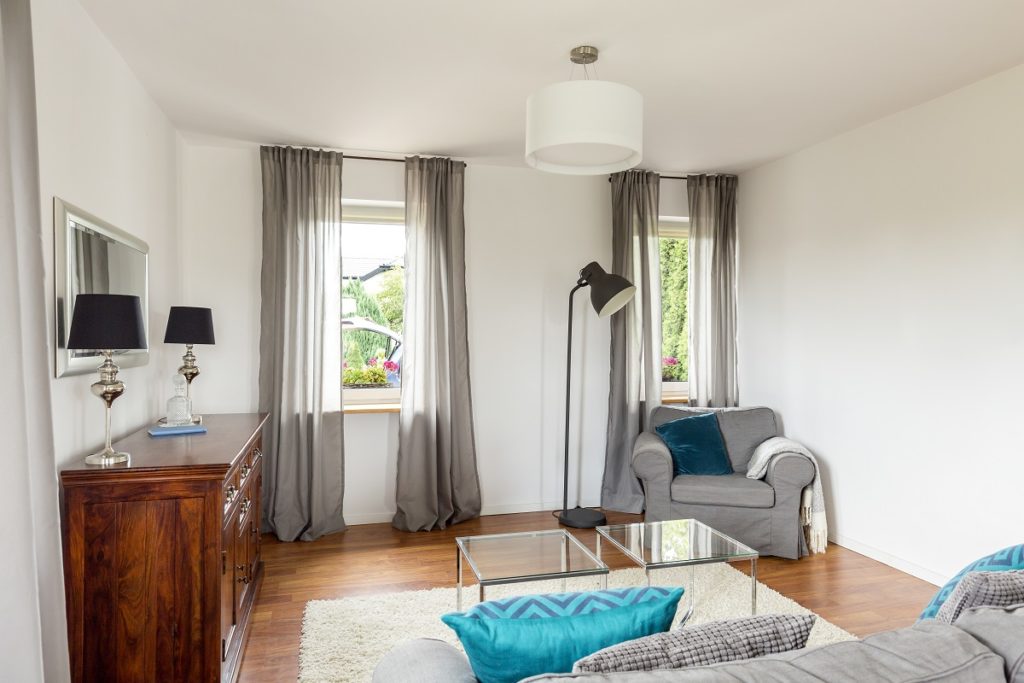As we are growing up, we come to realize that our personal space matters to us. Our minds then wander off toward the future, hoping that we get to live in houses of our own. And when we think about our dream houses, the image that comes to mind is usually a big home fitted with every amenity we want.
Wanting to own a house is simply associated with our human need for shelter. Besides that, we also find comfort in our homes. It would also be reasonable to think about wanting a large house. Large houses mean more people can live in them, and the inhabitants have bigger space for their activities. But as favorable as they may seem, large houses can tell a completely different story.
There Are Two Sides to Every Large House
Large houses can mean two things for their inhabitants. Indeed, it does provide more space for people. This can accommodate more people and still leave space for other amenities such as game rooms, home theaters, and storage space. Also, a bigger space can mean better privacy and peace of mind for each inhabitant.
But on the other side of this is the cost of maintaining a large house. Bigger homes require stronger heating and cooling systems. These homes also have more electronics to run, which can jack up any electricity bill. With a higher energy consumption, large homes are more costly to operate and leave a bigger carbon footprint.
Apart from that, this huge space consumption is also an issue of land use. It may be rational to think that large homes have too much space for just a handful of people to take advantage of. With that, buying a house with larger space than you need is not a flawless dream after all. But in the wake of this debate is a housing movement that defies the harmful effects of large houses. People have now started to live in small livable spaces that accommodate their every need.
The Tiny House Movement
Dubbed as the tiny house movement, this concept tries to reinvent how we think about how and where we live. This movement highlights the fact that living and maintaining large houses are not only costly but also harmful. Tiny houses also try to provide alternatives for affordable housing.
Tiny houses also encourage wise use of space. This means finding ways to accommodate home necessities into smaller floor space. With that, people who live in tiny houses are also prompted to utilize their outdoor space.

How Can a Tiny House Benefit the Homeowner?
The small space can make us think that tiny houses are not suitable for living. But these small homes are undoubtedly helpful to the environment and the individual. Let’s take a look at several positive changes that smaller houses bring.
For one, it consumes less energy. Smaller houses have smaller spaces that do not put much stress on any HVAC system. Smaller spaces also do not need much electricity to power as there are fewer electronics in the house. Apart from that, smaller houses can also be easier to clean and maintain.
Less energy consumption translates to less energy demand for the house, ultimately reducing its overall carbon footprint. Furthermore, smaller houses can also cost less to build or buy. They can also be faster and easier to build.
Smaller Houses Might Not Be Suited for Everyone
But as great as this may sound, it does have its imperfections. Small houses can be more suitable for only some people. Individuals who live alone might thrive in this type of living arrangement.
People who live alone have no one to share the expenses of living with. Tiny houses can help them obtain a good living space without having to spend too much money. This can also help them regulate their energy usage and house expenses better since they have more control over what they use. Small houses are also good for couples who are living together.
This type of arrangement might not be suited for people who are living with plenty of other people. Large families are better off getting a bigger house with sufficient space for the members of the family. Small houses can feel cramped and uncomfortable when there are too many people living inside them.
With all that being said, every house, whether big or small, has its imperfections. It is always up to the homeowner where their priorities lie. But of course, we also need to think about our environment when buying and operating a house. At the end of the day, a house that suits our needs is the one we deserve.

